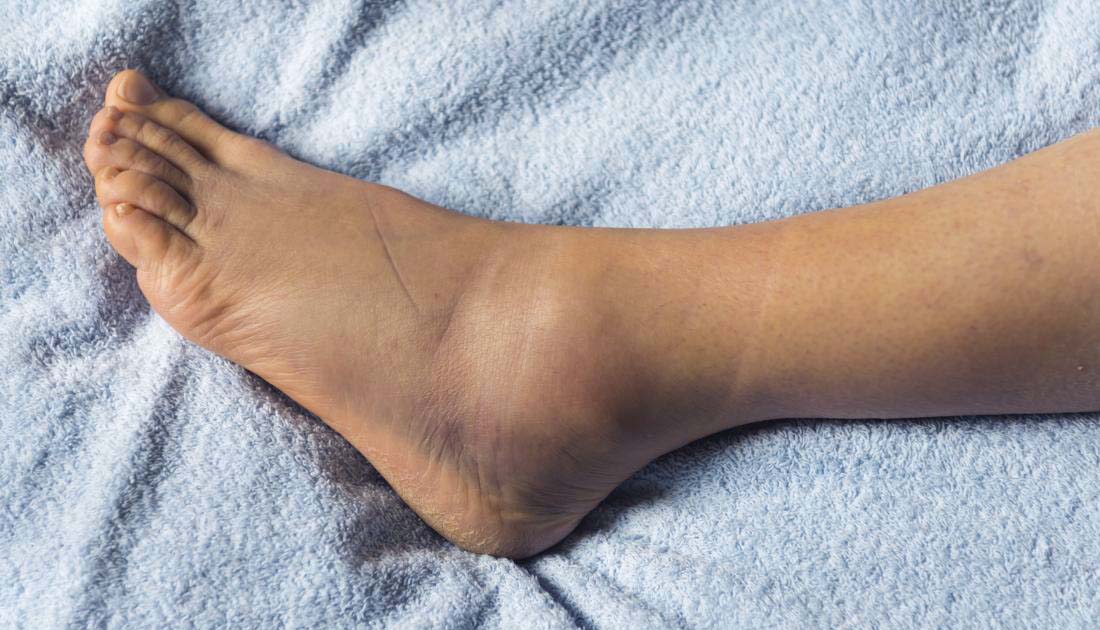Why consult an angiologist for lipedema?
As part of the treatment of your lipoedema you will probably be in contact with an angiologist.
What is an angiologist ?
The word angiologist comes from the Greek word “angeius” which means vessel. The angiologist, also known as a vascular doctor, is a specialist in diseases of the vessels (arteries, veins and lymphatics) and venous pathologies. He should not be confused with the phlebologist, who specialises in the treatment of varicose veins.
Angiology and phlebology are relatively recent specialties, having emerged in the late 1940s as a separate field from cardiology.
The angiologist participates in the diagnosis of lipedema, in particular through ultrasound – Doppler, which visualises the patient’s vessels and guides the therapeutic management.
The “fat leg” syndrome
Fat legs” can be the consequence of many causes, not only vascular but also cardiac, renal, rheumatic (after-effects of endorsements, osteoarthritis of the knee, after-effects of bone fractures of the lower limbs), particularly after the age of 60. Weight gain as well as poor sports practice, an unbalanced diet and a sedentary lifestyle can also play a role.
In young women, vascular pathologies predominate: venous and lymphatic, alone or associated with cellulite and lipedema.

An exam to explore the subcutaneous tissues which are the site of fat deposits. At the end of the examination, he will decide on the best treatment in coordination with a plastic surgeon who is familiar with lipedema.
How does a consultation work
The angiologist will ask you about your medical history, any venous surgeries you may have had, current treatments, previous pregnancies, whether you have people in your family who also suffer from vascular pathologies?
Then comes a critical examination which will focus particularly on the legs via observations and palpations (in particular peripheral pulse measurements (on the popliteal artery, the dorsal artery of the foot, the femoral artery, etc.). After this, the angiologist will decide whether an ultrasound and/or an echo-Doppler are necessary. An adapted management will be set up according to your case.
Why consult an angiologist for lipedema ? – How to prepare your visit
Remember to bring recent test results and prescriptions: scans, MRIs, X-rays, blood tests, operation reports etc. Ask your family if there is a history of vascular problems in your family.
Discover the interview with Dr Michèle Cazaubon : angiologist specialising in lipedema


